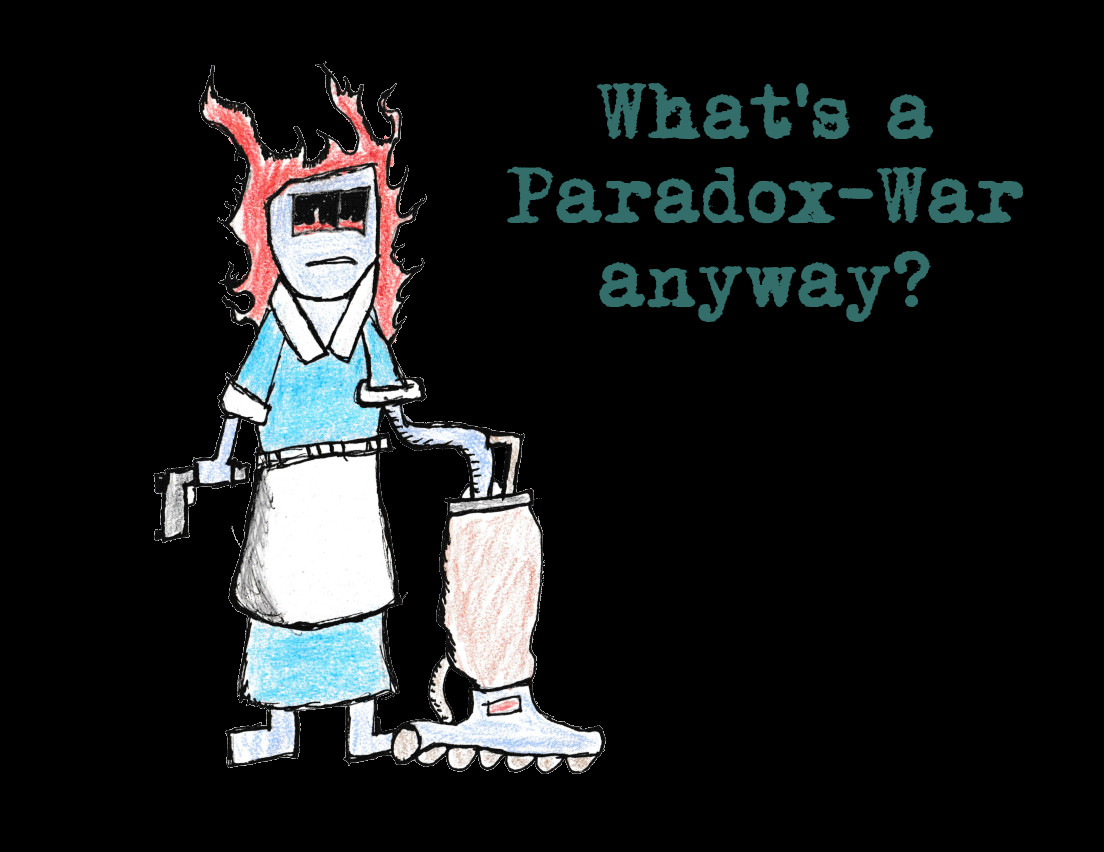this post was submitted on 08 Aug 2023
9 points (84.6% liked)
rpg
3172 readers
14 users here now
This community is for meaningful discussions of tabletop/pen & paper RPGs
Rules (wip):
- Do not distribute pirate content
- Do not incite arguments/flamewars/gatekeeping.
- Do not submit video game content unless the game is based on a tabletop RPG property and is newsworthy.
- Image and video links MUST be TTRPG related and should be shared as self posts/text with context or discussion unless they fall under our specific case rules.
- Do not submit posts looking for players, groups or games.
- Do not advertise for livestreams
- Limit Self-promotions. Active members may promote their own content once per week. Crowdfunding posts are limited to one announcement and one reminder across all users.
- Comment respectfully. Refrain from personal attacks and discriminatory (racist, homophobic, transphobic, etc.) comments. Comments deemed abusive may be removed by moderators.
- No Zak S content.
- Off-Topic: Book trade, Boardgames, wargames, video games are generally off-topic.
founded 1 year ago
MODERATORS
you are viewing a single comment's thread
view the rest of the comments
view the rest of the comments

I sort of agree, I have never played in a premade setting except for a 2-shot for city of mist and I've never GMd one at all, and I often spend a lot of time reading rulerooks for ideas for my own RPGs.
I've been trying to write my own collaborative storytelling game recently rewards players for taking on a storyteller role but doesn't stop players who would prefer to remain as one character for the session, and when I read Ben Robbins' blog post about Remember Tomorrow, I thought I could use a part of this and bought the pdf. I'm trying to build a royal court political thriller type system and I know that this was cyberpunk by default, but 3/4 of the page count is really guidance on how to make a specific tone of cyberpunk lore, with the rules interwoven between them.
I feel that if your system is novel and applicable to many tones and genres, it should be seperated from that genre any related setting in the rulebook, and similarly if you're rules and genre are wrapped up, it's a good idea to seperate setting slightly, which we commonly seen in fantasy RPGs.
I feel they should be in the same book, but unless your rules are absolutely dependent on your genre or your the two absolutely dependent on your settings, it's wise to seperate them to make your book more easily usable by those wanting to work your ideas into their own.
That blog is a fascinating pitch. Thanks for the rec.